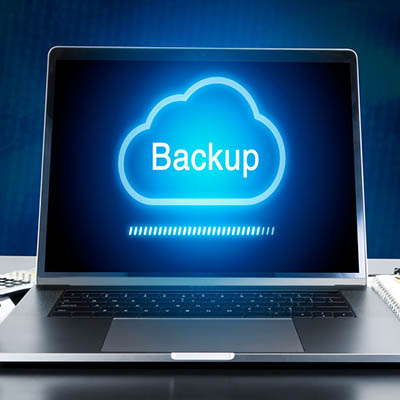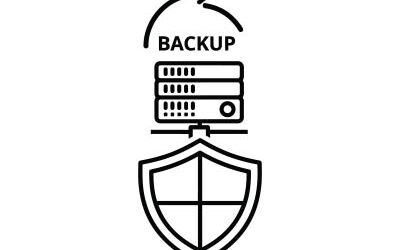Most businesses don’t have what it takes to survive a hardware failure or natural disaster, and we don’t mean in terms of “grit.” What we mean is in...
Reciprocal Technologies Blog Data Recovery • Page 1
Is Your Backup Just an Expensive Paperweight?
Be honest: Do you have a real plan for the day your server goes dark? We're not talking about a little glitch—we mean a full, sudden stop due to a...
What is Failover and Do You Need It?
If your business relies on its digital infrastructure—and nearly every modern business does—you know that downtime isn't just an inconvenience; it's...
The Absolute Basics of Data Backup
How much data do you think your business stores? How much of that data does your business need to operate? Regardless of your answers to these...
Regular Data Backups Work Wonders for Eliminating Downtime
How much do you know about your business’ data backup infrastructure? Do you know how often data backups occur, or if they’re occurring at all?...
File Efficiency: Is Your Data Organized?
File efficiency is not something that is talked about very often as a key component to running a successful business, but it certainly is. Keeping...
The 3-2-1 Rules Over Data Redundancy
We cover data backup and disaster recovery quite a bit, and you might be familiar with some of the terms and strategies we discuss. Today, we’re...
BDR is the Cheat Code to Business Resiliency
There is an almost comical laundry list of problems that all businesses should be prepared for, but what’s not funny whatsoever is what happens when...
An Automated Backup Eliminates the Guesswork
Gone are the days when businesses relied solely on manual tape backups conducted at specific intervals. Modern solutions like automated backup and...
Three Key Metrics for Your Data Backup and Disaster Recovery Plan
When it comes to your business’ data backup and disaster recovery, you want to have clear outcomes that you aim for, as well as metrics that help...










